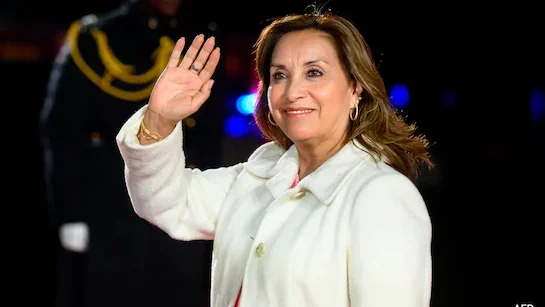Across Nigeria, conversations about business innovation grow louder each year. Companies champion agility, governments commission strategy papers, and donor-backed programs publish reform blueprints. Yet the same question persists: why do so many good ideas fail to translate into measurable results? The answer is not a shortage of ambition, but a shortage of wiring; the structural ability to connect vision to execution. This is the gap that transformation leader Oluwaremi Lawal is working to close.
Her work is not designed for applause; it is designed for follow-through. In an environment where high-level planning is abundant but cross-functional cohesion is rare, she helps institutions rethink how they design for complexity. She builds internal processes that reduce friction, clarify roles, and adapt to shifting terrain, ensuring execution survives beyond the proposal stage and delivers real impact.
The scope of her influence is national in scale. Over the last decade, her transformation models have shaped government agencies reengineering service delivery, enterprise leaders recalibrating post-expansion, and national programs restructuring fragmented value chains. Her approach is not limited to digital tools or imported management theories. It is rooted in institutional design, how systems behave, how teams interpret directives, and how organizations sustain momentum in the face of policy shifts and market volatility.
Her interventions directly touch industries central to Nigeria’s future. In finance, she has guided firms through process realignment to handle regulatory turbulence. In logistics and infrastructure, her frameworks have streamlined coordination between public and private stakeholders. In agriculture, she has advised national programs on tightening value chains that support food security. By engaging across these pillars of the economy, she positions execution not as a back-office concern, but as a driver of national competitiveness.
She also challenges legacy assumptions. She dismantles the belief that departments must remain siloed, that execution belongs only to “operations,” or that innovation should be outsourced. Instead, she supports institutions in building their own execution muscle, designing systems that evolve alongside strategy and can withstand shocks. Her focus on repeatability ensures teams can align quickly, troubleshoot breakdowns, and sustain momentum without losing sight of the bigger picture.
This hands-on discipline has earned her recognition at the intersection of policy and practice. From state-backed innovation hubs to regional reform taskforces, her voice is shaping how Nigeria measures transformation. She argues that progress should not be defined by activity, but by outcomes that endure across election cycles, budget seasons, and leadership changes.
What she offers is more than a methodology. It is a shift in how Nigerian enterprises, industries, and policymakers think about performance, capacity, and leadership in motion. By helping organizations move beyond generic stuff into sustainable systems, Lawal is advancing something often promised but rarely delivered: an enterprise culture that works consistently, nationally, and across industries critical to Nigeria’s growth.























